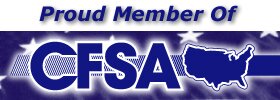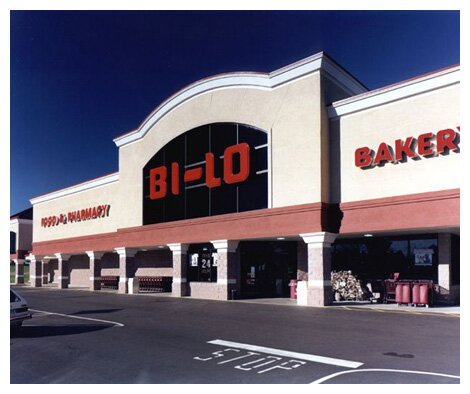Do North Carolina Banks Foster Need for Payday Loans?
Two of Charlotte’s economic giants, Bank of America and Wachovia, bankroll some payday advance loan lenders - the same lenders whose operations high-ranking officials found so distasteful that they drove them from the state.
 These economic ties are no secret - they’re disclosed deep in federal Securities and Exchange Commission filings - but the relationship is unknown to many consumers, some of whom would doubtless be surprised by the industry ties.
These economic ties are no secret - they’re disclosed deep in federal Securities and Exchange Commission filings - but the relationship is unknown to many consumers, some of whom would doubtless be surprised by the industry ties.
“Those are the types of loans that they won’t show in their commercials or glossy advertisements,” says Rick Jurgens, consumer advocate for National Consumer Law Center.
Jurgens first noticed the ties when he was researching some states’ public utilities relationship with the quick payday loan industry. What he found was surprising.
Advance America, the industry heavyweight, got a $265 million line of credit funded by several banks in 2004 - well after public opinion began turning against high-interest, short-term loans. The banks included Wachovia, Wells Fargo, BB&T and Carolina First Bank. Another lender and administrative agent? Bank of America.
As recently as March, according to SEC documents, the company still had access to the cash.
“Payday lenders are often not highly capitalized companies,” Jurgens says. “That’s why they use lines of credit, which is essentially like a credit card with a relatively low interest rate, to do day-to-day lending.”
Inner City Press, a New York advocacy group, found Wachovia has “an unspecified portfolio of [bad credit cash loan] lending clients,” according to the organization’s Web site. The group is also opposing Bank of America’s application to acquire LaSalle Bank, due in part to its ties to payday firms.
Wachovia spokeswoman Iris Cumberbatch would only say the bank has “a very limited number of relationships” with payday lenders. “Beyond that, I can’t say anything specific because it would violate our privacy policy,” Cumberbatch says.
Bank of America representatives didn’t return calls seeking comment.
Payday lenders haven’t operated in North Carolina since 2005, when state Commissioner of Banks Joseph Smith ruled the practices of Advance America were illegal. The state had prohibited payday lending since 2001, when a law authorizing the practice expired.
But in practice, lenders flourished by making loans through out-of-state banks, a practice often derisively termed the “rent-a-bank” model. In 2005, for instance, no fax payday loans cost N.C. residents more than $74 million, according to the Center for Responsible Lending, an industry opponent based in Durham.

 The newspaper reported yesterday that the pension fund’s chief investment officer wrote to the state’s outside managers this week, asking them to sell shares in any such
The newspaper reported yesterday that the pension fund’s chief investment officer wrote to the state’s outside managers this week, asking them to sell shares in any such  The North Carolina pension fund that Moore runs may have invested nearly $11 million in
The North Carolina pension fund that Moore runs may have invested nearly $11 million in 



